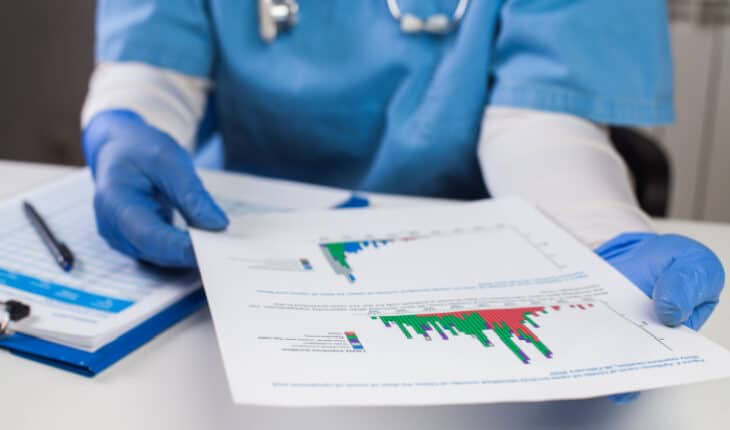New research shows, for the first time, a higher risk of COVID-19 hospitalisation or death for the White Gypsy/Traveller ethnic minority group.
The research, which looked at over 4.3m people in Scotland, was led by the MRC/CSO Social and Public Health Sciences Unit at the University of Glasgow and published in the Journal of Epidemiology & Community Health. The study also found a higher risk of hospitalisation and death for Pakistani and African people when compared with the White Scottish group.
Research to date has considered the risks of COVID-19 using broad ethnic groups, meaning the risk to some minority ethnic groups has been hidden within broader ethnic categories.
While research has previously shown that ethnic minority groups are disproportionately at a higher risk of COVID-19 outcomes in the UK, this study found differences in risks of COVID-19 outcomes within important subcategories of ethnicity, such as the White Gypsy/Traveller, Pakistani and African groups.
For the study, the researchers investigated ethnic inequalities in people living in Scotland who had tested for SARS-CoV-2, had severe COVID-19 (hospitalisation or death), and those who had severe COVID-19 following a positive SARS-CoV-2 test between March 2020 and April 2022. The study used data from the 2011 Scottish Census alongside health, surveillance and death records from the Early Pandemic Evaluation and Enhanced Surveillance of COVID-19 (EAVE II) study, which is led by The University of Edinburgh, and includes approximately 99% of the Scottish population.
The research demonstrated that White Gypsy/Traveller and Pakistani groups have particularly higher risks compared to White Scottish groups; however, no ethnic differences in the risk of COVID-19-related deaths were found following COVID-19 hospitalisation, suggesting the provision of hospital care did not contribute to ethnic variations.
The identification that the White Gypsy/Traveller and Pakistani groups have a particularly higher risk of severe COVID-19 outcomes confirms the possibility that important differences in risks across subcategories of ethnic minority groups are hidden when combined ethnic groups are used in analysis, with White ethnic minority groups rarely studied.
Dr Eliud Kibuchi, a researcher on health inequalities at the University of Glasgow’s School of Health and Wellbeing, said: “Our findings provide a more representative picture of how some of the most disadvantaged individuals in our communities, such as White Gypsy/Traveller individuals, may remain invisible to decision makers when they are aggregated to broad ethnic groups.
“It is particularly important to enhance and improve the health of the White Gypsy/Traveller Community by recognising and tackling the stigma and discrimination that they often experience.”
Vittal Katikireddi, Professor of Public Health & Health Inequalities at the University of Glasgow, said: “Our study highlights the importance of collecting detailed information on ethnicity and monitoring the health of different ethnic groups. Doing this is a first step to being able to take action.”
Professor Alison Park, Deputy Executive Chair of the Economic and Social Research Council, part of UK Research and Innovation, said: “Even now, more than three years after the first wave of COVID-19, important insights continue to emerge into how the pandemic affected, and continues to affect, the health of different groups.
“These findings demonstrate the unique insights that come from research using large scale datasets about the Scottish population, as well as underlining the importance of continued support for research into the impacts of the pandemic from both medical and social perspectives.”
The study, ‘Ethnic inequalities in positive SARS-CoV-2 tests, infection prognosis, COVID-19 hospitalisations, and deaths: Analysis of two years of a record linked national cohort study in Scotland,’ is published in Journal of Epidemiology & Community Health. The work was funded by the Medical Research Council (MRC), the Scottish Government Chief Scientist Office, ESRC and Wellcome.
- Christmas unrest – sleep solutions - 16th December 2024
- Machine learning for child vaccinations - 16th December 2024
- How to Have a Pet-Friendly Christmas - 16th December 2024






